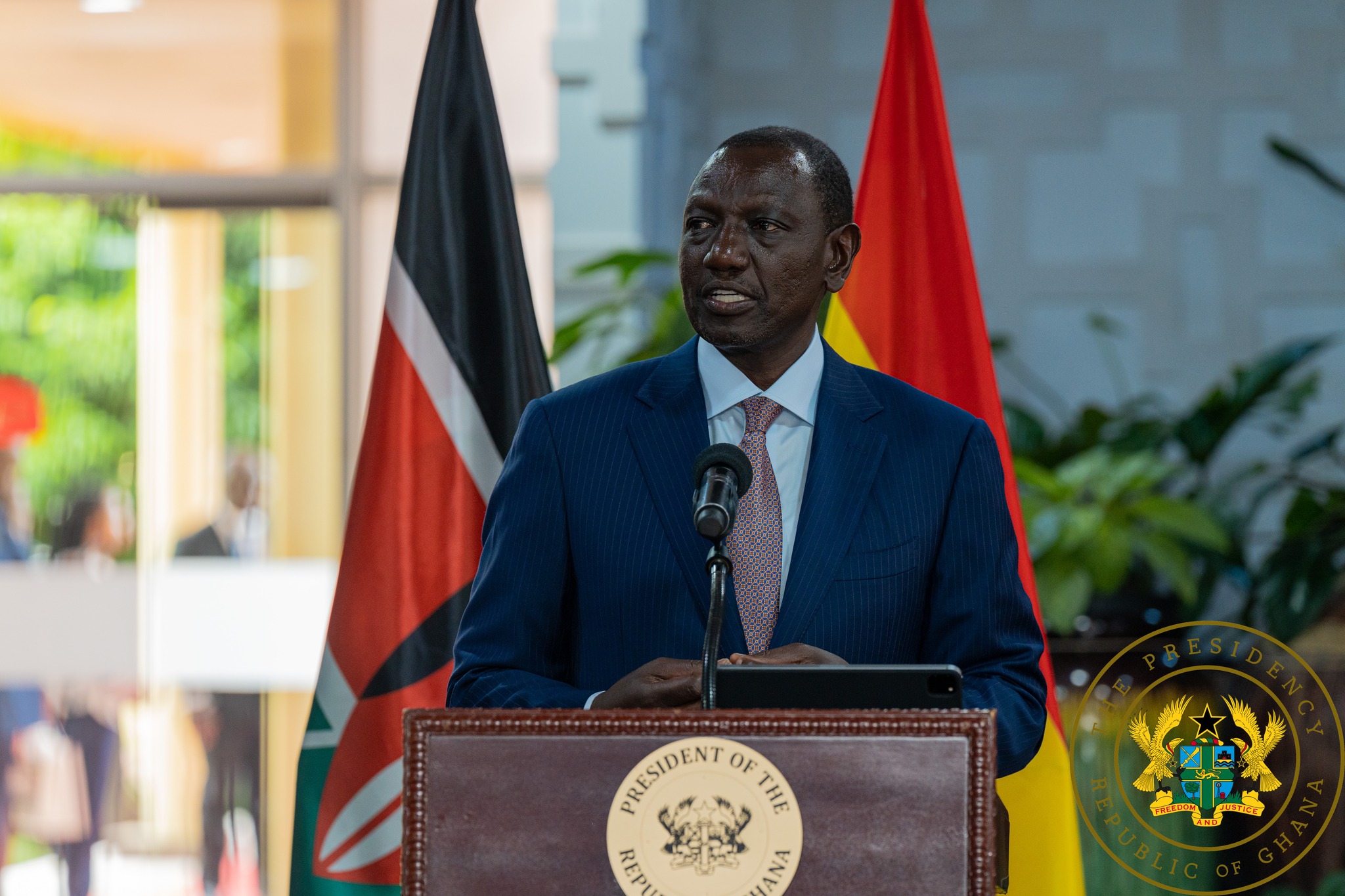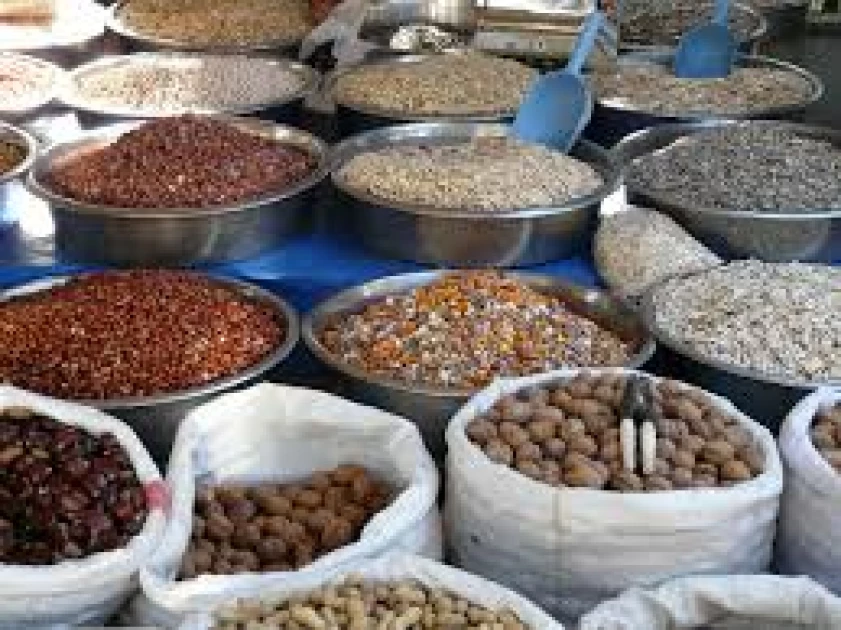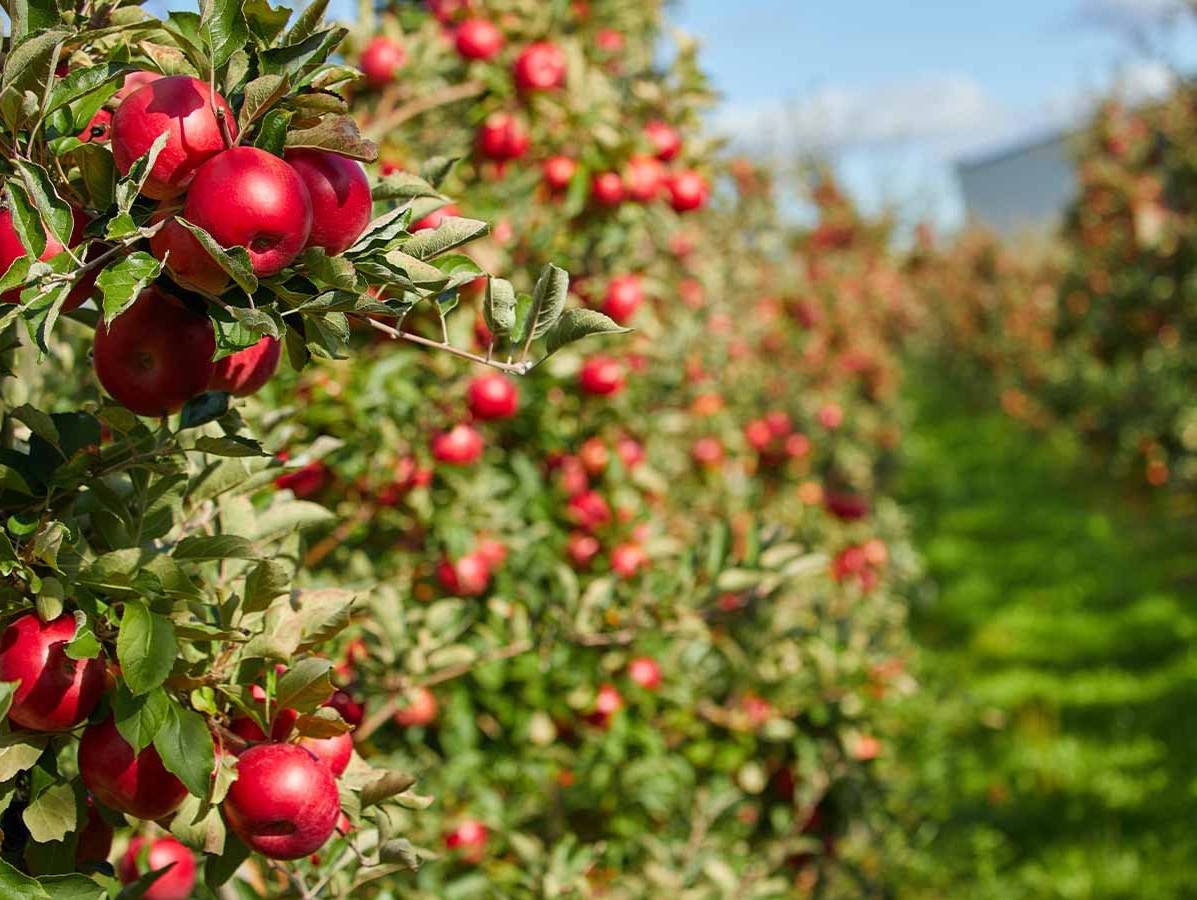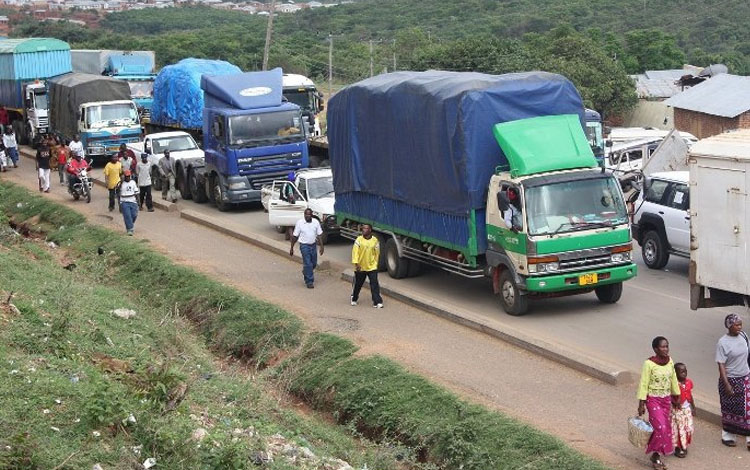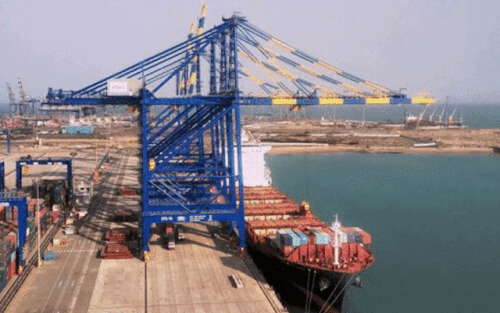Accra, April 4, GNA – Dr William Samoei Ruto, the African Union (AU) Reform Champion and President of Kenya, has disclosed plans to ratify all financial institutions under the Union. The decision, he said, would create a strong financial architecture to provide the needed support to African businesses for the acceleration of intra-trade, commerce, and investment on the continent. President Ruto noted that the decision by the AU was to also ensure the speeding up of the achievement of the objectives of the African Continental Free Trade Area (AfCFTA) agreement. He was speaking during an engagement with captains of industry and financial sector players upon his reception at the AfCFTA Trade House by Mr Wamkele Mene, Secretary General of the AfCFTA Secretariat. The event was part of President Ruto’s three-day official working visit to Ghana. “I will be working with President Nana Akufo-Addo to ensure that all financial institutions under the AU are ratified, so that we can build the necessary financial ecosystem to support trade, investment and business in our continent,” he said. On some of the major challenges facing business people on the continent with respect to intra-African trade, President Ruto noted that the continent spent about US$5bn annually to deal with exchange rate issues. However, the AU Reform Champion expressed confidence that the setting up of the Pan-African Payment and Settlement System (PAPSS) by the African Export-Import Bank (Afreximbank) would solve that challenge. He noted the introduction of the cross-border instant payment system for easing the pressures...
AU creates financial umbrella institution to spur AfCFTA implementation
Posted on: April 4, 2024
Posted on: April 4, 2024

